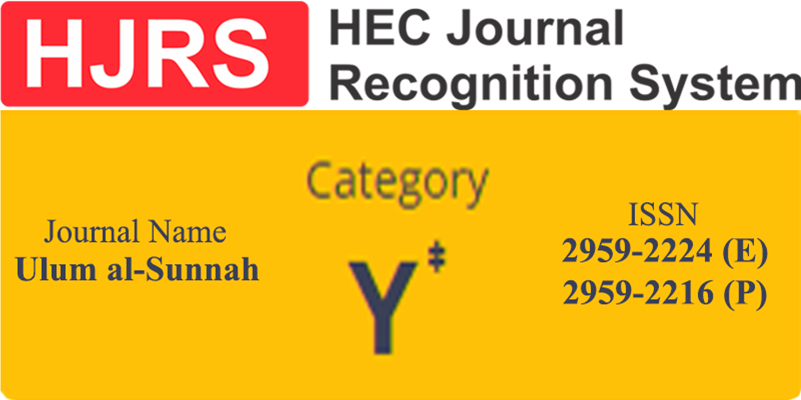اسلامی معاشیات کی نظریاتی اساس تجزیاتی جائزہ
The Theoretical Foundations of Islamic Economics An Analytical Review
Keywords:
Islamic Economic, Success, Ideological Aspects, CooperationAbstract
Islam encourages economic prosperity and the pursuit of lawful (halal) earnings. However, there are many sources of income in society that are not only illegal but also considered haram (forbidden) in Islamic teachings. This article explores the ethical values in economics and the ideological foundations of earning that a true Muslim should uphold. Until a Muslim incorporates these ideological principles into their economic system, they cannot achieve true success. Key values such as piety, patience, gratitude, compassion, cooperation, contentment, and brotherhood must be adopted. At the same time, there are certain practices that must be avoided, including usury, gambling, hoarding, false oaths, and earning through unlawful means. Thus, this article provides a comprehensive analysis of these ethical values.
Downloads
Published
How to Cite
Issue
Section
License
Copyright (c) 2024 Muhammad Saif Ullah Khalid, Ahsan Rizwan Usmani

This work is licensed under a Creative Commons Attribution-NonCommercial 4.0 International License.
This is an open-access journal which means that all content is freely available without charge to the user or his/her institution. Users are allowed to read, download, copy, distribute, print, search, or link to the full texts of the articles, or use them for any other lawful purpose, without asking prior permission from the publisher or the author. All articles are available on the internet to all users immediately upon publication. Non-commercial use and distribution in any medium are permitted, provided the author and the journal are properly credited.









